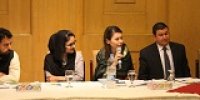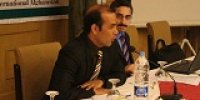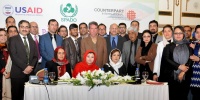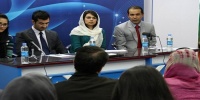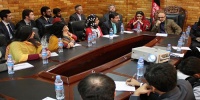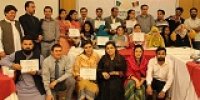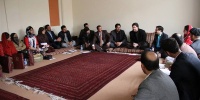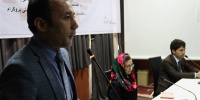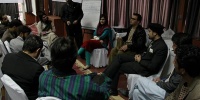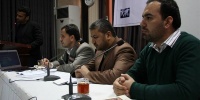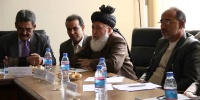The grassroots communities from tribal regions along the borders of Afghanistan and Pakistan have long remained marginalized due to socio-cultural and geographical factors. The war on terror further pushed this region into chaos and disorder pushing the inhabitants further away from their basic rights and security. It was with this realization that the people have to be empowered to be able to get their voices to the policy makers and to themselves engage into initiatives to bringing peace back into their region, a civil society dialogue initiative was launched in partnership with the United States Institute of Peace and WADAN a national NGO in the Afghanistan.
The initiative started with a training of selected civil society activists from Afghanistan and Pakistan in dialogue facilitation skills. The trained group further facilitated a series of dialogues with representatives of civil society, media, NGO, academia and religious scholars and government officials from across the border over issues and prospective solutions of the Pukhtoon communities across the Pakistan Afghan border region. The purpose of the dialogues was to devise community level action plans and prepare policy recommendations for improving the status of peace, education and income-generation in these areas.
In Pictures
These action plans and recommendations for policy makers were developed through a research process that included discussions, interviews, dialogues and meetings with sector experts over a period of six months. In January – February the action plans and the policy recommendations were presented to the government officials, donor agencies, international development organizations and representatives of diplomatic missions in two national conferences held back to back in Kabul and Islamabad respectively. The representatives from national government and national and international development donor agencies and diplomatic missions pledged to take into consideration the recommendations put forward by the communities from both sides of the border.

